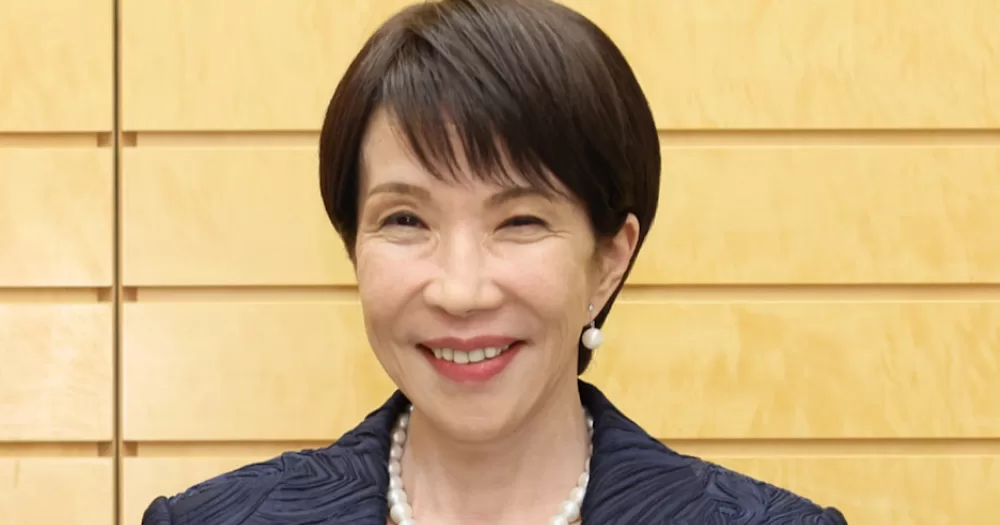Sanae Takaichi has been elected as Japan’s first female Prime Minister, following an overwhelming vote in parliament. Her appointment as Prime Minister marks a symbolic breakthrough in a nation long dominated by male leadership, yet her conservative ideology raised serious questions about the future of LGBTQ+ rights in Japan.
Takaichi leads the ruling Liberal Democratic Party (LDP), which has governed Japan almost continuously since 1955. Known as “Japan’s Iron Lady,” she has long cited former British Prime Minister Margaret Thatcher as a personal inspiration. Much like her idol, Takaichi has built a reputation for toughness, fiscal discipline and a firm belief in traditional values. During her campaign, she pledged to strengthen national security, tighten immigration controls, and uphold what she calls “family-centred social harmony.”
The new Prime Minister’s record on LGBTQ+ issues is mixed at best. In 2023, during discussions around Japan’s LGBT Understanding Promotion Law, she stated that “there should be no prejudice against sexual orientation and gender identity.” Yet, she has repeatedly described same-sex marriage as a “very difficult problem,” and opposes changing existing laws that would allow married couples to retain separate surnames, a move widely seen as symbolic of greater gender equality.
Her stance contrasts sharply with Japan’s slowly shifting legal landscape. Several regional courts have ruled that the country’s ban on same-sex marriage is unconstitutional, while activists have celebrated the Supreme Court’s 2023 decision to strike down a law requiring transgender people to undergo sterilisation before legally changing their gender. These developments signal incremental progress, but with Takaichi now at the helm, many fear further reforms could stall.
It is equally important to note her close alignment with nationalist ultraconservative organisation Nippon Kaigi, as well as her emphasis on “traditional family values”. During her campaign, she also called for restrictions on non-Japanese citizens purchasing property and promised a crackdown on illegal immigration, rhetoric that echoes global right-wing populism.
For queer activists, Takaichi’s rise embodies a contradiction: a woman breaking through Japan’s highest political glass ceiling while potentially reinforcing the social hierarchies that keep marginalised groups at the bottom. As Japan appoints a new Prime Minister and turns a political chapter, LGBTQ+ activists continue their fight to secure rights.
© 2025 GCN (Gay Community News). All rights reserved.
Support GCN
GCN is a free, vital resource for Ireland’s LGBTQ+ community since 1988.
GCN is a trading name of National LGBT Federation CLG, a registered charity - Charity Number: 20034580.
GCN relies on the generous support of the community and allies to sustain the crucial work that we do. Producing GCN is costly, and, in an industry which has been hugely impacted by rising costs, we need your support to help sustain and grow this vital resource.
Supporting GCN for as little as €1.99 per month will help us continue our work as Ireland’s free, independent LGBTQ+ media.
